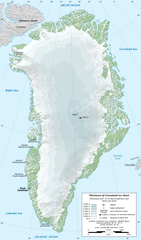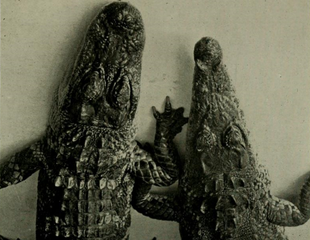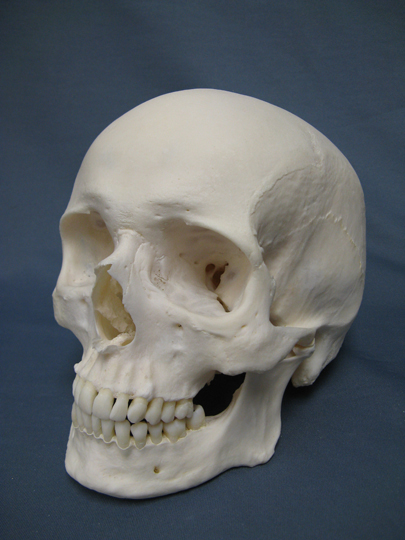We just learned a little about the Central American Countries.
If you go North and East from the US or Canada, you will find a country called Greenland.

(from: wikipedia - greenland)
It is an island, and the largest island on the Earth that is not considered a continent.
At over 800,000 square miles, Greenland is larger than the largest US state Alaska (under 700,000),
but with less than 57,000 people, it's less populated than the least populated US state Wyoming. (over 500,000)
This is mostly because almost all of Greenland is covered in a big sheet of ice!





